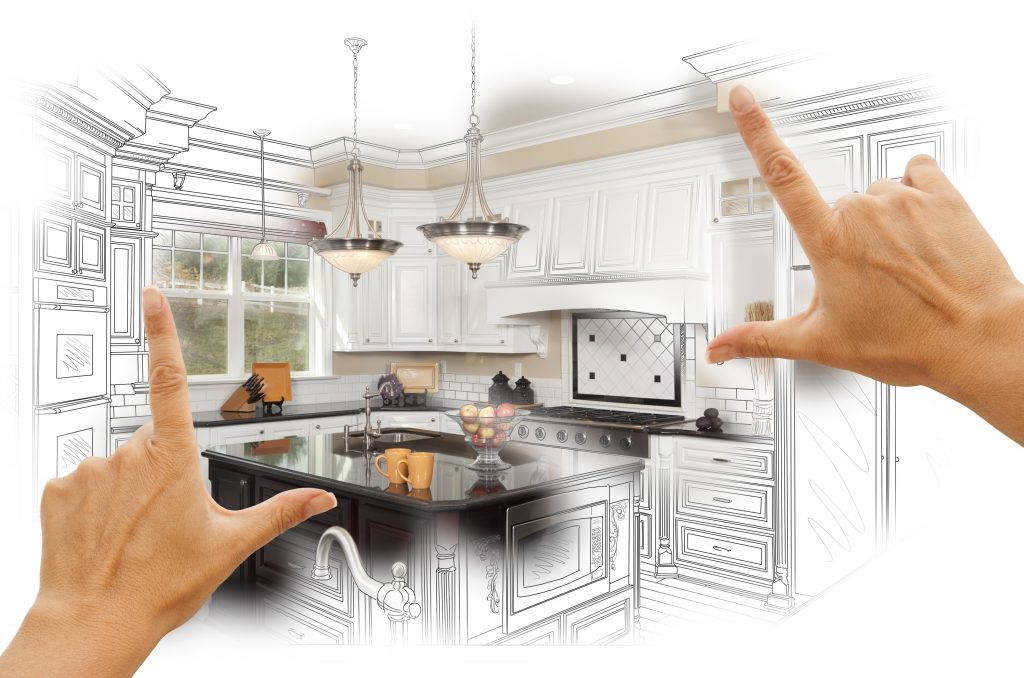Homebuyers who are purchasing a new home inspections often hire professional inspectors to check for problems before they move in. If a private inspector uncovers issues, the homebuyer can work with the builder to resolve them before closing.
Home inspectors who specialize in new construction can help a buyer avoid issues that might cost them thousands down the line.
Schedule Your Inspection
A home inspection is an important step in any real estate transaction. It can tell a buyer if there are any serious problems with the home that could cost them money or put their health at risk, and it can also give them a leg up in the negotiation process.
When scheduling a home inspection, you should ask the inspector how long they anticipate the process will take and what they’ll be inspecting. It’s also a good idea to make sure the utilities are turned on and that there is no clutter or pets in the house that might interfere with the inspection.
Most inspectors don’t mind you accompanying them on the inspection, and it can be a great way to learn more about the home. But be sure to wear comfortable clothes that can get dirty and sturdy shoes or boots. You may want to bring a camera to capture images of the home for your records.
Preparing for Your Inspection
Inspecting a new home takes time, and the more prepared you are for your inspection, the faster it will go. For example, addressing issues such as stains on walls and ceilings or musty odors prior to the inspection can help prevent them from becoming a bigger issue once you move in, and it may even save you money in future repairs.
In addition, you should also make sure that the inspector has access to all areas of the house. This can include turning on all utilities, clearing any clutter or storage containers from rooms, and removing pets from the property. You should also test smoke and carbon monoxide alarms to ensure that they function, and replace batteries if necessary.
You should also trim any trees or shrubbery in the yard that could interfere with a visual inspection. Having these items addressed in advance helps reduce the chance of an unfavorable report and also improves the curb appeal of your home.
Getting an Inspection Report
Once the home inspection is complete, you should receive a report. This will cover every detail of the house that was inspected, including problems such as a dripping faucet or an outdated kitchen. It will also include the inspector’s observations and recommendations.
The inspector’s report will usually be broken down into sections such as “ELECTRICAL,” “PLUMBING,” and “HEATING.” It may also be listed by areas of the house, like the kitchen, bathroom, or bedrooms. It will often include pictures to help visualize the issues.
The report will contain a number of special terms and acronyms that you may not be familiar with. Be sure to take the time to read through the report so that you understand all of the issues. Also pay attention to the notes that refer to safety concerns, as these could be significant. Beware of an inspector who doesn’t want you to be present during the inspection; this is a red flag that he may be doing a less than thorough job.
Getting the Inspection Done
A home inspection is a valuable tool for both buyers and sellers in the New York real estate market. It reveals problems, facilitates transparency and helps both parties come to a mutually agreeable resolution. This is especially true in the world of new construction homes, where the integrity of centuries-old tradition and innovative design intersect with the realities of modern development.
New construction can be complicated, and bringing in an inspector during the build process is a good idea. It’s best to coordinate your appointment with the builder to ensure that they can be present during the inspection. This can also make it easier to address issues quickly. Be sure to turn on any utilities that may need to be turned on, clear anything that might obstruct the inspector’s access and keep pets away from the area.
While builders are supposed to follow strict building codes, they often miss things when rushing to finish the house. A private inspector can help identify these issues and provide a list of items that need to be addressed prior to your final walk-through.

